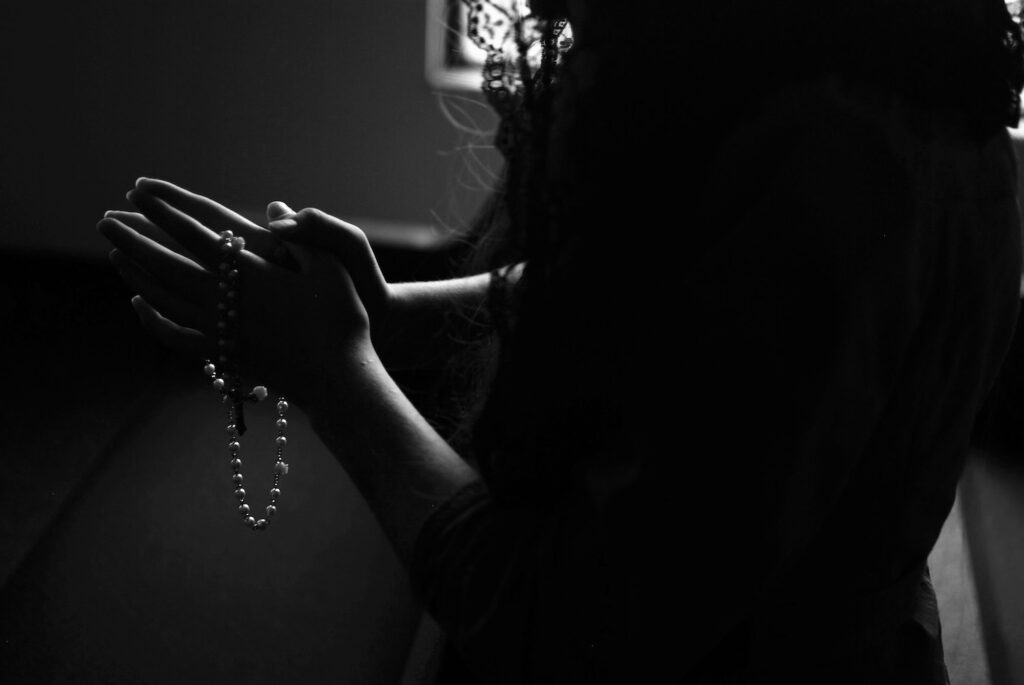One of my favorite scripture verses is Genesis 50:20. It’s at the end of the story of Joseph, the boy sold by his brothers into slavery who becomes a powerful government official in Egypt working to save the entire population during famine.
That one terrible choice of Joseph’s brothers, fed by jealousy and wounded pride, took Joseph down a path that caused him immeasurable suffering. Enslaved for many years, and later abandoned in prison for a crime he didn’t commit, Joseph could justifiably believe his brothers deserved punishment.
Yet, when given the opportunity, Joseph lavishes support on the brothers who hurt him. He provides food, land, skilled employment, and protection for his entire family in Egypt, keeping them from starvation.
Joseph Chose Forgiveness
Although Joseph expressed his forgiveness, when Jacob, their father, dies, his brothers worry that he will change his mind. Now that Jacob isn’t there to act as a buffer, his brothers fear that Joseph might decide to revenge himself on them for the hurt they caused him. Maybe Joseph has nursed a grudge against them, just waiting for the right time to get back at them for selling him into slavery decades before.
Joseph responds to their fear in Genesis 50:20. He says that he holds no grudge against them. He believes that God used his suffering for his good and for the good of all of Egypt. Joseph sees that God worked through his years of enslavement and imprisonment to bring about a tremendous blessing. He offers his brothers peace and true forgiveness.
I want that kind of faith. Genesis 50:20 shows me how to get there.
Tell the Truth
First, we tell the truth about the hurt inflicted.
Joseph doesn’t soften the truth of the hurt that his brothers caused him. He also doesn’t pretend that the pain didn’t happen. Even all these years later, when his brothers bring up selling Joseph into slavery, Joseph identifies it as “bad.” Joseph doesn’t forget his pain. Honesty lets us communicate with God and with others about our suffering. We fully trust God by naming and acknowledging the suffering in our lives.
Trust in God
Second, true forgiveness is a supernatural gift.
When someone we love hurts us, we instinctively turn away from the source of the pain. God gifts us forgiveness like Joseph’s, which allows us to release the fear of further pain and of the desire for debt-repayment. After we’re hurt, we usually want revenge or at least justice. Forgiveness frees us from that need for payback. It gives us the courage to turn back to the person who hurt us and offer them the opportunity for reconciliation.
Forgive Together
Third, reconciliation is a joint effort.
Joseph and his brothers reconciled (not to be confused with the sacrament of reconciliation). His brothers offered sincere and lasting repentance, and Joseph accepted it with true forgiveness. While Joseph received God’s forgiveness independent of his brothers’ repentance, together forgiveness and repentance restore their relationship. Their new relationship surpasses their past relationship. Healing can do more than cover over wounds. God transforms our relationships and makes them into something completely new through reconciliation.
Forgiveness is Transformative
Fourth, suffering transforms us…if we let it.
As Joseph suffers enslavement and imprisonment, he continues to remain obedient to God’s will. In a situation like this, we often grow resentful and turn away from God. But Joseph doesn’t. He continues to trust in God, using his gifts and talents to help others even while enslaved and imprisoned. Eventually, he receives his freedom and saves the lives of many people with his prophetic understanding. Joseph endures in the midst of his suffering. The evil his brothers have done, through Joseph’s devotion to God, transforms into Joseph’s rescue and the rescue of the people of Egypt. Joseph’s story prefigures the redemptive suffering of Christ on the cross.
We all get hurt, either intentionally or unintentionally. It’s easy to get caught up in what we feel that the other person owes us or to close ourselves off to other relationships so that we don’t get hurt again. Joseph’s story inspires me to always seek a redemptive path of forgiveness and healing. We might not achieve reconciliation with the person who hurt us; however, we can always choose forgiveness, even when it’s difficult.
Joseph suffered tremendously over a long period of time. One hurt led to another and to another. But rather than allowing those hurts to fester and lead him away from God, Joseph continued to turn to God and grow in virtue. God can use our suffering to achieve great good in the world, if we stay on the path.



